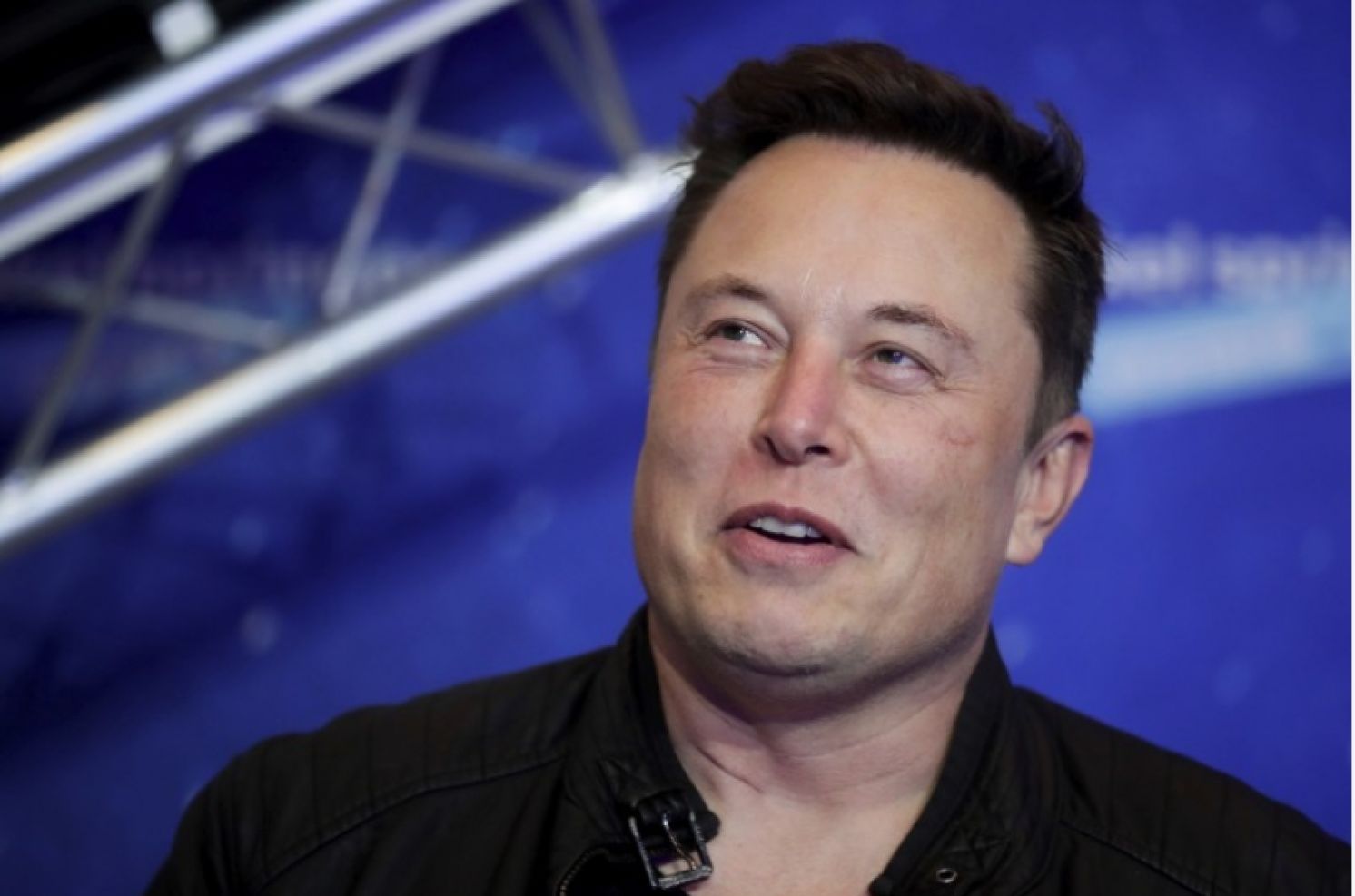
This Week in Taiwan 1002-1008
October 3: After CTBC Bank obtained lottery issuer qualification, last week, it announced invitation of tenders from technology firms. This is a 10-year business opportunity involving billions, and three leading companies expressed willingness to submit tenders. Officials of the American Institute in Taiwan (AIT) visited the National Treasury Administration (NTA), Ministry of Finance, the competent authority of lottery, to "introduce" a company IGT with an American background, and the NTA forwarded the information to CTBC bank for "reference." Related reports have generated criticism.
October 3: Taiwan's border restrictions will be listed on October 13, but the Central Epidemic Command Center (CECC) is not following suit to be dissolved. According to the CECC's website, since the establishment of the command center in January 2020, relevant personnel have spent NT$510 million (about US$16 million) in overtime and water and electricity bills. Every afternoon, live broadcast press conferences, filming of epidemic prevention campaign videos, and other propaganda have consumed NT$790 million (about US$24.8 million). As a result, only NT$200 million (about US$6.3 million) has been spent on the research and development of the life-saving Chinese medicine, Qingguan No. 1. Opposition parties demanded that the National Audit Office, Control Yuan, actively investigate whether the budget for epidemic prevention propaganda has been used exclusively to media friendly to the ruling party.
October 3: Since the beginning of this year, Taiwan stocks have fallen sharply by more than 25 percent. Not only have the wallets of amateur investors shrunk, the investment performance of public funds has also been appalling. According to the latest statistics provided by the Bureau of Labor Funds, Ministry of Labor, the labor fund has accumulated a loss of NT$320.4 billion (about US$10 billion) as of the end of August this year, with a negative rate of return of 6.2 percent. The scale of losses has expanded.
October 5: At the Legislative Yuan, Minister of National Defense Chiu Kuo-cheng stated that the tacit understanding of the median line in the Taiwan Strait has been destroyed by China, and the status quo has been changed. The Armed Forces has now adjusted the rules for handling emergencies during the regular combat readiness period. As long as the People's Liberation Army (PLA) aircraft fly over Taiwan's airspace, Taiwan will destroy it regardless of whether the aircraft has made a first strike.
October 5: The cable television system recently applied to move the TVBS News station on channel 55 to channels 149 and 158 and placed Mirror TV to channel 55, attracting scrutiny. The National Communications Commission (NCC) decided on October 5 not to approve the change. The NCC stated that TVBS News has been broadcast on channel 55 for many years. If there is a major adjustment, it may affect consumer viewing rights.
October 6: Medigen vaccine did not complete the Phase II clinical trials last year but was given emergency use authorization (EUA), attracting scrutiny which has discouraged public inoculation. According to Minister of Health and Welfare Hsueh Jueh-yuan, the CECC procured 5 million doses of the Medigen vaccine and has destroyed 1.2 million doses. There are still more than 500,000 Medigen doses that will expire in November, so the estimated destruction quantity is up to 1.7 million doses, accounting for one-third of the overall Medigen vaccine procurement volume. At present, more than 4 million doses of coronavirus (COVID-19) vaccines have been destroyed.
October 7: Crisis in the Taiwan Strait is heating up. In an interview, Deputy Minister of Economic Affairs Chen Cheng-chi confirmed with the Times that Taiwan is stockpiling key materials such as grain, minerals, chemicals, and energy and counts inventory every month. During interpellation in the Legislative Yuan, Premier Su Tseng-chang stated that if there is war, Taiwan must adequately prepare arms, food, and medicinal drugs. The government will make relevant preparation.
October 9: In an interview with Financial Times on October 7, Elon Musk, the world's richest man and chief executive of Tesla, proposed to make Taiwan a "special administrative region" of China to avoid war. In response, the Mainland Affairs Council (MAC) responded that Musk's proposal to turn a democracy into a special administrative region of an autocracy will not be accepted by the people of Taiwan or any country. Mainland China's Ministry of Foreign Affairs reiterated that the Taiwan issue is a matter of China's internal affairs, and mainland Chinese official media even criticized Musk for arbitrarily discussing China’s Taiwan issue. However, on October 9, China's Foreign Ministry changed its tone, stating that Taiwan can exercise a high degree of autonomy as a special administrative region and that the social system and way of life of Taiwan people will be fully respected and their legitimate rights and interests fully guaranteed.